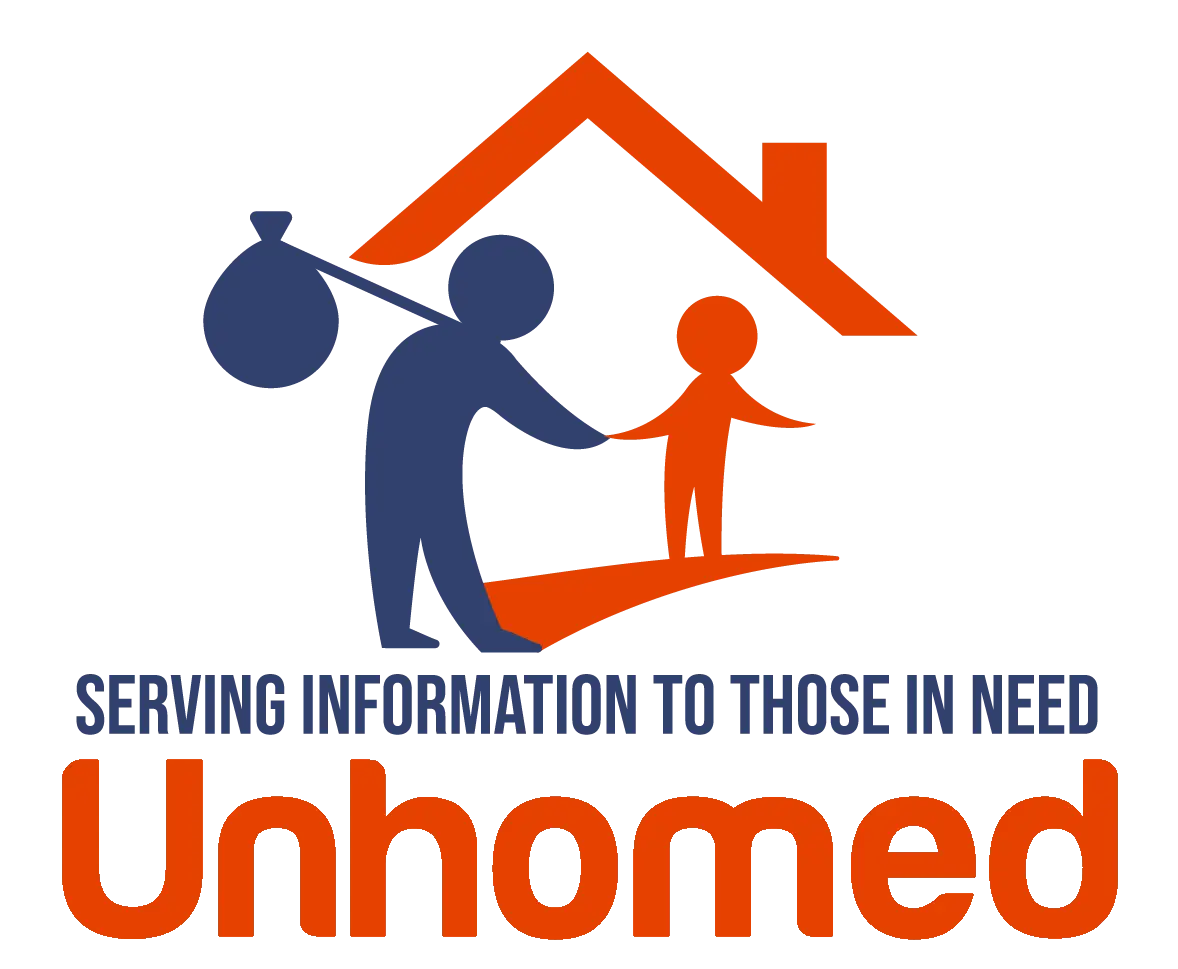- March 27, 2024
Facilities designed to provide short-term, intensive treatment to individuals experiencing a mental health crisis, offering an alternative to hospitalization and potentially preventing homelessness for those with acute mental health needs.
- March 27, 2024
Programs designed to safely reunite individuals experiencing homelessness with their families or support networks, often used for youth or those estranged due to various life circumstances.
- March 27, 2024
Groups of professionals trained to address the immediate needs of individuals experiencing a crisis related to homelessness, mental health, substance use, or other emergencies, providing rapid assessment, intervention, and connection to ongoing support services.
- March 27, 2024
Established by HUD, FMRs represent the cost of a modestly priced rental home in a given area. These figures are used to determine payment standards for federal housing assistance programs and are crucial in assessing the affordability of housing for low-income individuals and families.
- March 27, 2024
The practice of temporarily staying with friends, family, or acquaintances, moving from one house to another, often due to the lack of a stable and permanent place to live. This form of temporary accommodation can mask the true extent of homelessness.
- March 27, 2024
Federal legislation that prohibits discrimination in the sale, rental, and financing of dwellings based on race, color, religion, sex, disability, familial status, or national origin, crucial for ensuring equitable access to housing.
- March 27, 2024
A process developed to ensure that all people experiencing a housing crisis have fair and equal access to services, regardless of where they seek help. CES aims to quickly identify, assess, and connect people to housing and assistance based on their needs.
- March 27, 2024
Programs and services designed to assist individuals who have been released from incarceration in reintegrating into society, addressing barriers to housing, employment, and social connections to prevent recidivism and homelessness.
- March 27, 2024
A collaborative funding and planning approach that helps communities plan for and provide a full range of emergency, transitional, and permanent housing and services to address the various needs of homeless individuals and families.
- March 27, 2024
Individuals with lived experience of homelessness (or related challenges such as substance use or mental health issues) who provide support, advocacy, and information to others going through similar experiences. Peer support can play a crucial role in recovery and reintegration.
- March 27, 2024
Nonprofit organizations that acquire land to preserve affordability and prevent displacement, often used to secure long-term housing solutions for low-income families and prevent homelessness.
- March 27, 2024
A temporary condition characterized by high demand, low supply, and speculative growth in property prices, which can lead to a sudden market crash and increased risk of homelessness for those who cannot afford rising housing costs.
- March 27, 2024
A funding model that drives government resources toward social programs that prove successful, with investors providing the initial capital and being repaid based on achieved outcomes, such as reducing homelessness.
- March 27, 2024
The care of children by relatives or close family friends when parents are unable to provide for their welfare, including situations where homelessness affects the family unit.
- March 27, 2024
Programs and interventions designed to prevent at-risk individuals and families from becoming homeless, including rental assistance, legal services, and family mediation.
- March 27, 2024
The various circumstances and events that can lead an individual or family to become homeless. These pathways can include financial crises, domestic violence, eviction, job loss, mental health or substance use issues, and systemic inequalities.
- March 27, 2024
Vocational and educational programs aimed at improving the employment prospects of people experiencing homelessness, often included as part of broader support services to aid in achieving self-sufficiency and stable housing.
- March 27, 2024
A locally administered data system used to collect information about the provision of housing and services to homeless individuals and families. HMIS data supports planning, management, and policy-making efforts to reduce and end homelessness.
- March 27, 2024
Services designed to engage with homeless populations in their current environments, such as streets or encampments, offering immediate support, resources, and connections to longer-term services.
- March 27, 2024
A holistic approach to providing services for homeless individuals that combines multiple forms of support—such as housing, health care, and employment services—into a cohesive, accessible system.
- March 27, 2024
Efforts and activities undertaken to influence public policy, societal attitudes, and resource allocation related to homelessness. Advocacy aims to address the root causes of homelessness, improve the conditions of those experiencing homelessness, and promote access to affordable housing and supportive services.
- March 27, 2024
An approach to service delivery ensuring that individuals seeking help with homelessness can access support and information regardless of where they first make contact with the service system. It aims to simplify access to services and reduce the runaround for vulnerable individuals.
- March 27, 2024
Groups of housing units, often makeshift or improvised, that are established in unauthorized or unsuitable areas without legal permission. Residents of informal settlements frequently face challenges such as lack of infrastructure, services, and risk of eviction.
- March 27, 2024
Strategies and programs aimed at preventing the occurrence of homelessness before it starts. This can include rental assistance, mediation services, emergency financial help, and support systems designed to maintain housing stability and prevent crises leading to homelessness.
- March 27, 2024
The opposition by residents to the development of new social services or housing projects in their community, often due to fear of reduced property values or increased crime. NIMBYism can significantly hinder efforts to address homelessness by limiting the locations where shelters, affordable housing, and other services can be established.












